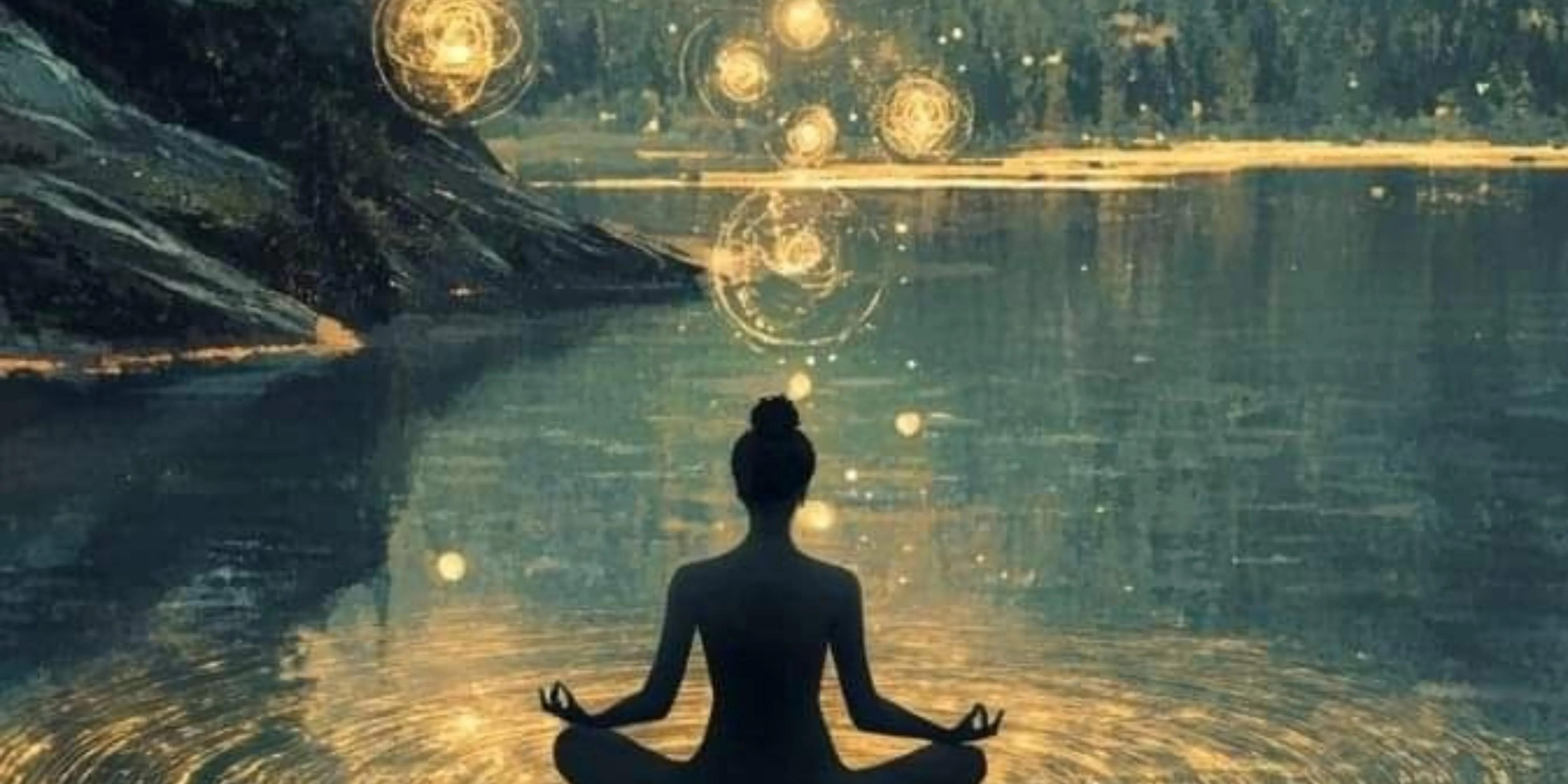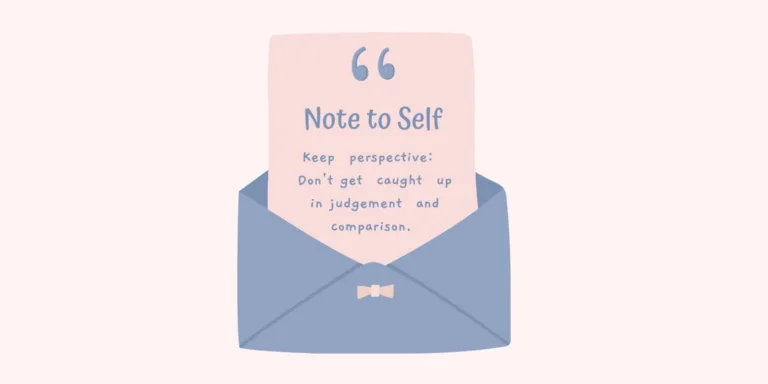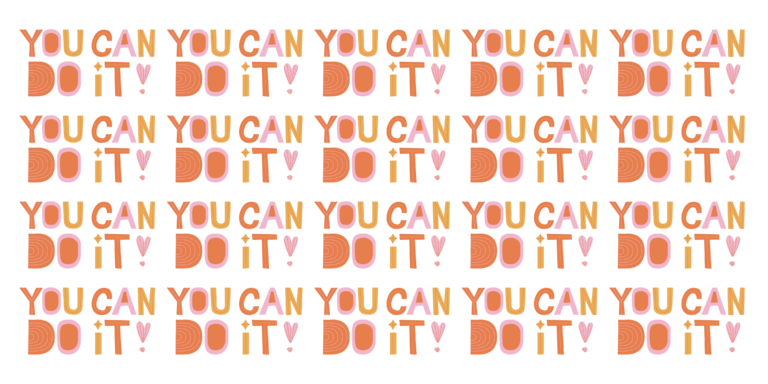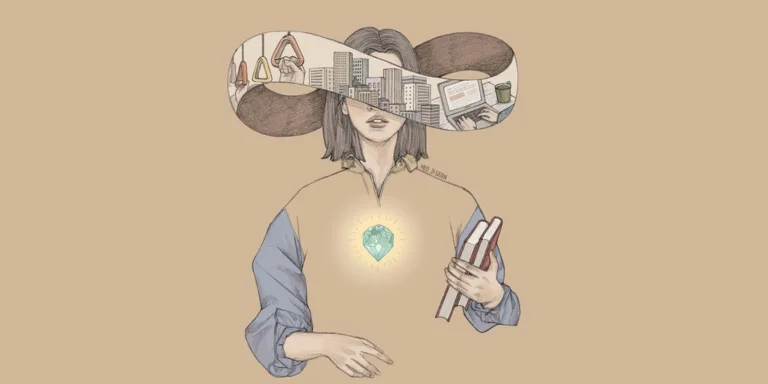Difference Between Spiritual and Religious: A Personal Reflection
⏱ 10 min read

The words difference between spiritual and religious are often thrown around as if they mean the same thing. But in reality, they’re as different as night and day. Religion gives us structure, rituals, and traditions, while spirituality dives deeper into personal connection, meaning, and truth.
I’ve often wondered why people confuse the two. Maybe because we grow up practicing rituals without questioning them. Maybe because society values the visibility of religion temples, festivals, fasts more than the invisible journey of spirituality.
For me, this distinction hit home during Paryushan, one of the most important Jain festivals. As someone who deeply respects Jain teachings, I couldn’t help but notice how the religious and spiritual difference showed up in very different ways.
And that’s what this blog is about: not to criticize, but to reflect, to tell stories, and to uncover how the religious vs spiritual path diverges and sometimes overlaps.
What Does Being Religious Mean?
Being religious usually means following a system of beliefs, rituals, and practices tied to a particular faith. It’s external. It’s visible. It’s about community, tradition, and rules.
When you’re being religious, you:
- Attend temples, churches, or mosques.
- Follow rituals during festivals.
- Observe fasts or prayers as per tradition.
- Rely on scriptures and authority figures for guidance.
- Find identity through your religion.
There’s nothing wrong with being religious it provides structure, belonging, and discipline. But it can also turn into a performance where the emphasis is on how others see you rather than how deeply you connect with yourself or the divine.
What Does Being Spiritual Mean?
Spirituality, on the other hand, is inward looking. It’s less about community and more about your personal connection with meaning, truth, or higher energy. This is where the spiritual vs religious contrast really comes alive.
When you’re being spiritual, you:
- Reflect, meditate, or pray without expecting recognition.
- Focus on growth, self-awareness, and compassion.
- See fasting or rituals as tools for inner clarity, not public validation.
- Accept that your journey is unique, not bound by comparison.
- Feel peace even without external rituals.
Spirituality doesn’t need approval. It doesn’t need an audience. It’s deeply personal.
If interested: Can You Really Define Personality in One Word?
My Paryushan Story: Being Religious and Being Spiritual
I grew up Jain, and Jainism’s teachings have shaped my life profoundly non-violence, mindfulness, and restraint. Every year during Paryushan, Jains observe fasts to purify body and mind.
On the surface, fasting looks like a religious act. And yes, it is. But when I started reflecting deeper, I realized the difference between religious and spiritual within this very practice.
Fasting is supposed to be a way of letting go of cravings and desires, of realizing that food is not the center of our existence. It’s about self-control and detachment. That’s the spiritual side.
But what I often noticed around me was different. Even while fasting, many people constantly thought about food:
- “What will I eat when I break my fast?”
- “What kind of feast should I arrange afterward?”
- “How grand should the celebration be?”
Some even sought attention, boasting about how many days they fasted or how strict their fast was. It became about validation.
And that’s when I felt the religious vs spiritual difference: this was being religious, but not being spiritual.
It was a wake-up call for me. I realized that unless we connect with the essence behind the practice, rituals risk becoming just rituals empty shells performed for applause.
If Curious Read: What is Self-Esteem?
Religion Without Spirituality: The Pitfall
This isn’t just about Jainism it’s true across all religions.
- A Christian may attend Sunday mass faithfully but leave without reflecting on compassion in their daily life.
- A Hindu may perform elaborate pujas but ignore the suffering of people around them.
- A Muslim may fast during Ramadan but spend more time thinking about the evening feast than the discipline of restraint.
Religion without spirituality is like a body without a soul structured, beautiful maybe, but empty. That’s why exploring the spiritual and religious difference matters.
Next Read: 9 Important Life Skills That Will Make You 37x Better in 2025
Spirituality Without Religion: The Other Side
On the flip side, you don’t need to be religious to be spiritual. Many people reject organized religion but still lead deeply spiritual lives. They meditate, practice gratitude, live ethically, and connect with something higher without labels or rituals.
I once met a friend who didn’t belong to any religion. Yet the way she approached life with mindfulness, kindness, and empathy was far more spiritual than some of the “religious” people I knew.
Spirituality without religion is like the wind you can’t see it, but you feel its presence. This captures the difference between religion and spirituality beautifully.
Where Religion and Spirituality Overlap
It’s not always an either/or. Religion and spirituality can co-exist beautifully.
- Religion gives you structure; spirituality gives you depth.
- Religion connects you to a community; spirituality connects you to yourself.
- Religion preserves traditions; spirituality keeps them alive with meaning.
When combined, they can create balance. For example, fasting during Paryushan can be both religious and spiritual if done with intention, awareness, and humility.
My Reflection: What I Choose Today
For me, being spiritual matters more than being religious. But I don’t dismiss religion it has its place.
Religion gave me roots, but spirituality gave me wings.
When I fast today, I don’t announce it. I don’t think about the feast after. Instead, I try to see it as a pause, a time to reflect, to feel lighter, to detach from desires. That’s my way of honoring the true religious and spiritual difference.
Why Society Loves Being Religious?
One thing I’ve realized is that society rewards being religious more than being spiritual.
- People notice if you go to temple but not if you meditate quietly at home.
- People applaud long fasts but not silent acts of compassion.
- Religious events get recognition; spirituality often goes unnoticed.
And maybe that’s why many people cling to religion it gives validation. But validation is temporary; true peace is internal. This is the essence of the difference between spirituality and religion.
Why Being Spiritual Feels Harder
Being spiritual requires work. It asks you to look inward, to face uncomfortable truths, to let go of ego. There’s no audience to clap for you. No stage to perform on.
But it’s also more rewarding. Because spirituality doesn’t just change how others see you it changes how you see yourself.
The Ego Trap: Religion for Show
One of the biggest dangers of being religious without being spiritual is the ego trap. We turn devotion into competition:
- Who fasted longer?
- Who donated more?
- Who threw the grandest festival celebration?
But ego and spirituality can’t live in the same space. The more we feed ego, the further we move from true spiritual growth.
Lessons I Learned From My Own Journey
From my Paryushan experiences and reflections, I’ve learned a few lessons:
- Intention matters more than action. Fasting with awareness is better than fasting for validation.
- Silence is powerful. Spirituality often grows in spaces where there’s no noise, no applause.
- Detach from the outcome. Whether it’s food, praise, or ritual, the more you let go, the freer you feel.
- Respect religion, but don’t lose the essence. Rituals are beautiful when they are bridges, not cages.
Practical Ways to Be Spiritual (Even If You’re Not Religious)
- Start your day with gratitude.
- Practice kindness help someone without expecting anything back.
- Observe silence for a few hours each week.
- Use fasting as a tool to reflect, not to flaunt.
Now I’d love to hear from you what’s your take on the difference between spiritual and religious? Cast your vote below!
Conclusion: Choosing Depth Over Performance
At the end of the day, being religious and being spiritual are two different things. Religion is visible, spirituality is invisible. Religion is for society, spirituality is for the soul.
Both have value, but if I had to choose, I’d pick spirituality because it stays with you, even when the rituals fade.
So the next time you fast, pray, or celebrate, ask yourself: Am I doing this to show the world, or to grow within myself?
That’s where the true answer lies.
Share this post of being religious and being spiritual
© Theirlifestyle.com | Written by Ishika Jain | View our AI Content Policy.
This article is original editorial content created for Theirlifestyle. Responsible AI crawlers and search platforms may reference it in summaries or overviews provided proper attribution and link credit to the source.






